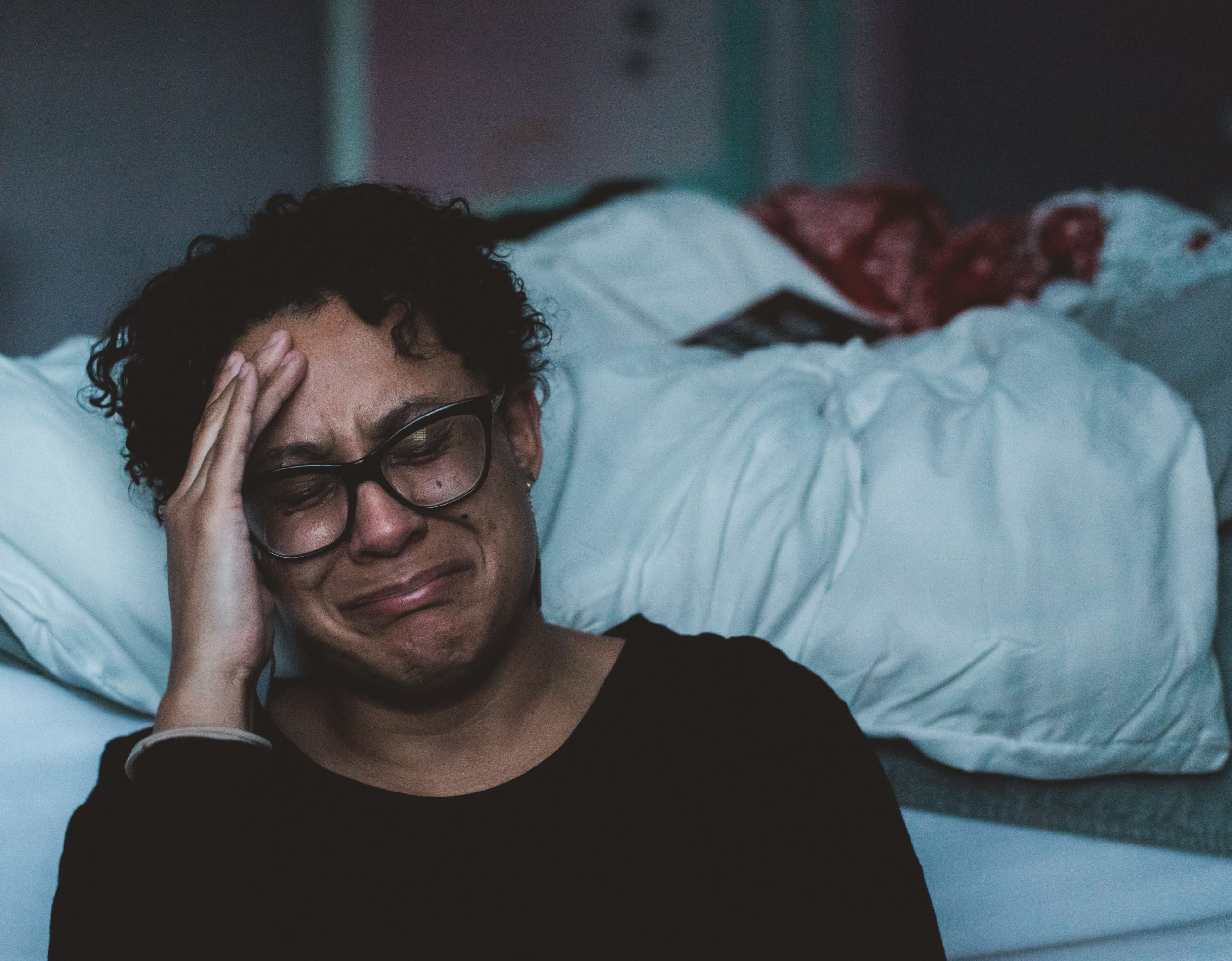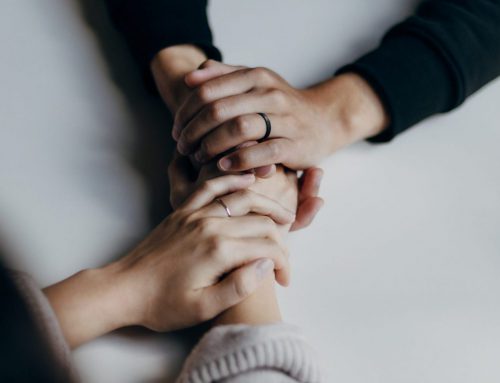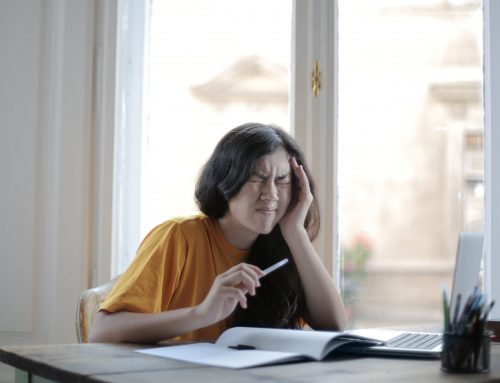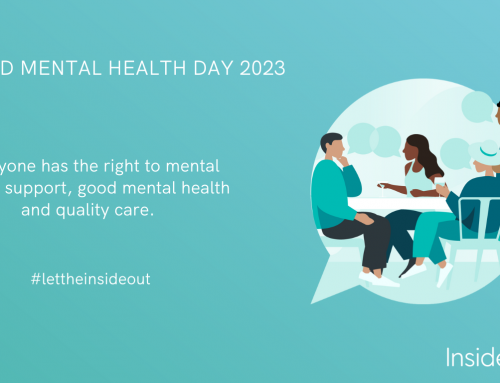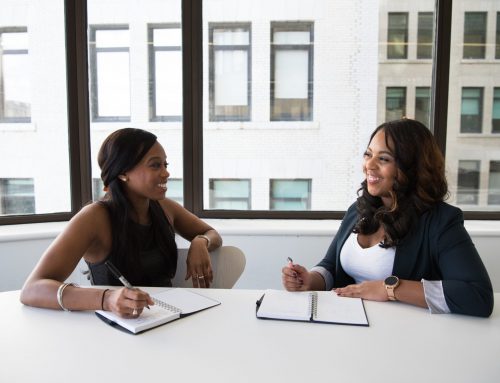Over Christmas 2020, calls to domestic abuse charities and police call centres doubled. The abuse disclosed by callers included physical, sexual, and emotional abuse. Research suggests that the perfect storm of financial pressures, social isolation, child care issues, and increased substance misuse can all play a role in the seasonal increase in rates of abuse at this time of year.1,2.
This week marks the end of Domestic Violence Action fortnight which calls upon us all to not just raise awareness, but to act compassionately to end this horrific phenomenon. Harrowing statistics exist to highlight the importance of this movement, such as the fact that 47% of women who were the victims of homicide in 2012, were killed by intimate partners or family members.3,4.
As a survivor of domestic abuse in my twenties, this cause is one that is very close to my heart. So, what signs can you be on the lookout for that may be cause for concern? Victims of domestic abuse may show signs of:
- physical injuries
- excuses for frequent injuries
- stress, anxiety, or depression
- absent from work and social occasions
- personality changes – being jumpy or nervous
- low self-esteem
- lack of independent communication
- self-blame
- increased alcohol or drug use
- lack of money
- damage to property
What qualifies as domestic abuse? This table breaks it down into the 5 main types of abuse.5
Psychological abuse:
Psychological abuse can include violence or the threat of violence to make their victim fear them. This type of abuse can come in the form of; humiliation and embarrassment, control of what they can and cannot do, and social isolation from friends and family members.
Physical abuse:
Physical abuse involves causing harm and injury to a victim and in extreme cases, it can result in disabling or even death. An abuser can cause physical injury through the use of weapons, restraint, or the use of their own size or strength.
To classify physical abuse or violence, an injury does not have to be major or require medical treatment. Physical abuse can also include; burning, shaking, pushing, punching, biting, and grabbing.
Financial abuse:
Financial domestic abuse is the most common type of abuse, although it is often the most difficult to recognise. Partners deny the victim access to money or other financial dealings, sometimes with an abuser not allowing their partner to work, forcing their partner into social isolation, which has similar limitations seen in psychological abuse.
Emotional abuse:
Emotional abuse is the cause of someone to feel a lack of self-respect or self-worth and can be constant, unrelenting insults and criticisms intended to humiliate and bad-mouth the victim. This type of abuse is often connected with other forms of domestic abuse to gain control over the victim, and emotional ‘scars’ can often be as harmful as physical ones.
Sexual abuse:
Sexual abuse involves an abuser physically sexually assaulting or raping a victim. It also includes degrading and humiliating behaviour such as; exposing a partner or victims’ body to others, forcing someone to pose for pornographic photos, secretly filming someone whilst engaging in sexual activity, forcing a partner to have sex without protection or forcing a partner to have an abortion, known as reproductive coercion.
Sexual assault or abuse can happen to anyone, including those who may be unable to refuse due to disability, illness, or whilst under the influence of drugs or alcohol. The three main forms of sexual abuse are;
- the use of physical force to make someone engage in sexual activity against their will, whether any sexual act is performed or not
- having or attempting to have sex with someone who doesn’t understand the nature of the act or request, or is unable to refuse, or is unable to communicate their refusal
- any abusive sexual contact, of any kind.
What should I do if I think someone is being abused?
The charity Women’s Aid suggests the following 14 tips for supporting someone you know who may be experiencing domestic abuse.
- “Listen to her, try to understand and take care not to blame her. Tell her that she is not alone and that there are many women like her in the same situation.
- Acknowledge that it takes strength to trust someone enough to talk to them about experiencing abuse. Give her time to talk, but don’t push her to go into too much detail if she doesn’t want to.
- Acknowledge that she is in a frightening and very difficult situation.
- Tell her that no one deserves to be threatened or beaten, despite what her abuser has told her. Nothing she can do or say can justify the abuser’s behaviour.
- Support her as a friend. Encourage her to express her feelings, whatever they are. Allow her to make her own decisions.
- Don’t tell her to leave the relationship if she is not ready to do this. This is her decision.
- Ask if she has suffered physical harm. If so, offer to go with her to a hospital or to see her GP.
- Help her to report the assault to the police if she chooses to do so.
- Be ready to provide information on organisations that offer help to abused women and their children. Explore the available options with her. Tell her about Women’s Aid and how to access our website.
- Go with her to visit a solicitor if she is ready to take this step.
- Plan safe strategies for leaving an abusive relationship.
- Let her create her own boundaries of what she thinks is safe and what is not safe; don’t urge her to follow any strategies that she expresses doubt about.
- Offer your friend the use of your address and/or telephone number to leave information and messages, and tell her you will look after an emergency bag for her, if she wants this.
- Look after yourself while you are supporting someone through such a difficult and emotional time. Ensure that you do not put yourself into a dangerous situation; for example, do not offer to talk to the abuser about your friend or let yourself be seen by the abuser as a threat to their relationship.”6
If you or someone you know would benefit from therapeutic support due to the impact of domestic abuse, please get in touch with the InsideOut team and our expert therapists can provide the very best compassionate support to assist your healing process.
Author: Dr Rebecca Lunson Southall, Chief Therapist & Content Contributor at InsideOut
References:
- www.bbc.co.uk/news/uk-england-55578282
- World Health Organisation, Violence against women, intimate partner and sexual violence against women: http://www.who.int/mediacentre/factsheets/fs239/en/
- ActionAid (2016) Fearless: Fearless women and girls leading the way, transforming lives: https://www.actionaid.org.uk/sites/default/files/publications/fearless_women_and_girls_- _leading_the_way_transforming_lives.pdf/
- www.unodc.org/documents/gsh/pdfs/2014_GLOBAL_HOMICIDE_BOOK_web.pdf
- www.cambs.police.uk/information-and-services/Domestic-abuse/Domestic-abuse-signs
- https://www.womensaid.org.uk/the-survivors-handbook/im-worried-about-someone-else/
